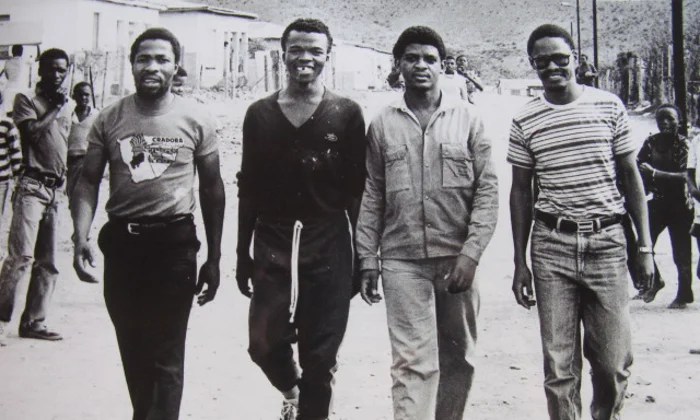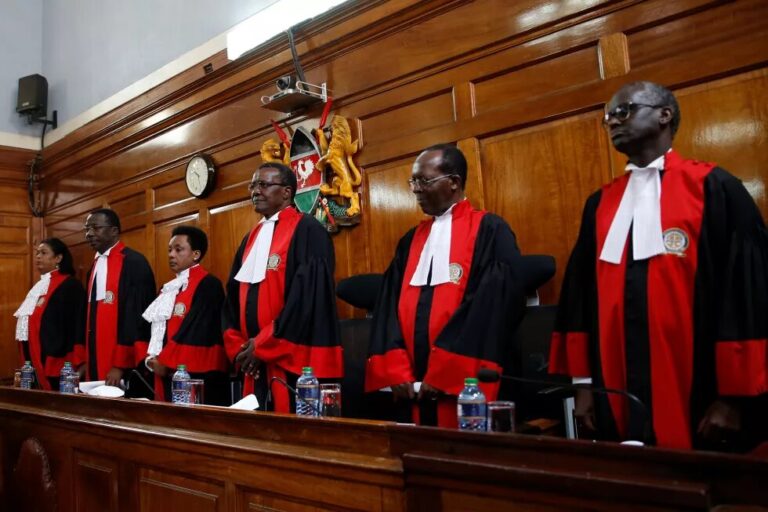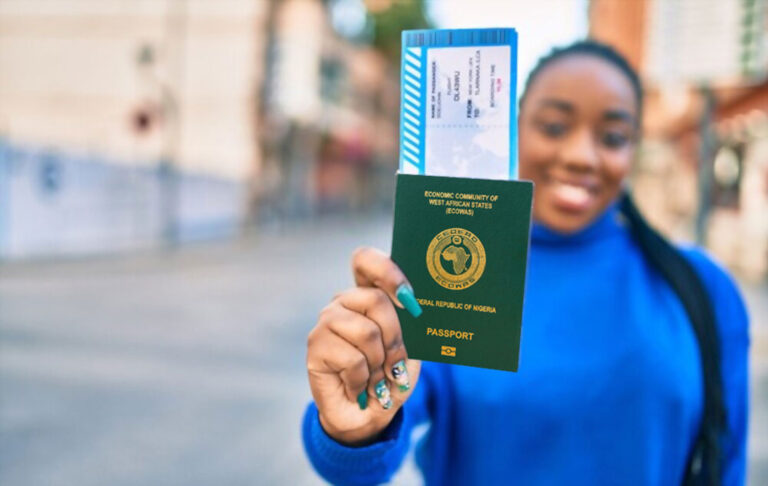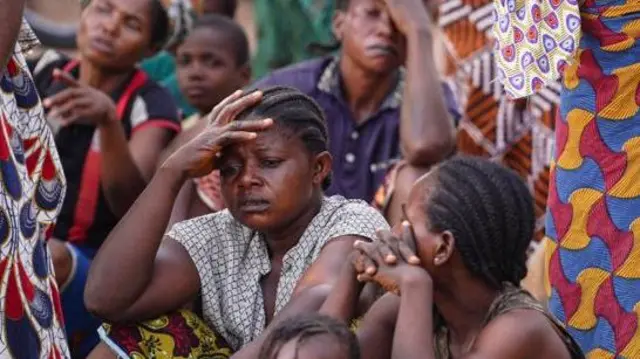Niger Junta Releases 50 Detainees in Effort to Promote Reconciliation

The 2010 coup in Niger saw a military-led faction overthrow then-President Mamadou Tandja, who had been in power for nearly a decade. Though initially hailed by many as a way to curb Tandja’s increasingly authoritarian rule, the coup led to a period of military control in the country. Despite the junta’s promises of a return to democratic governance, tensions and political divides have persisted over the years, leaving the nation grappling with external and internal challenges.
The release of the 50 detainees has sparked various reactions nationwide. While some view the move as a necessary step toward healing and unifying the nation, others are questioning the motivations behind it and the timing of the release. Regardless of these differing opinions, the release marks a critical moment in Niger’s ongoing efforts to stabilize its political environment and foster a spirit of reconciliation.
The 2010 Coup and Its Impact on Niger
To fully understand the significance of this development, it is essential to reflect on the events surrounding the 2010 coup in Niger. The coup responded to what many saw as President Mamadou Tandja’s refusal to step down after serving two terms in office. Tandja had attempted to amend the constitution to extend his tenure, leading to widespread protests and opposition from political leaders and civil society groups.
In February 2010, military officers led by Colonel Salou Djibo staged a coup, ousting Tandja and suspending the constitution. This marked the beginning of a period of military rule that lasted until 2011 when democratic elections were held. During this time, many individuals, including politicians and officials loyal to Tandja, were arrested and detained for their roles in the previous government.
The junta’s decision to release 50 of these individuals is viewed as an attempt to ease lingering tensions and move the country closer to reconciliation. The release is a symbolic gesture to acknowledge the past and pave the way for a future where political divisions are addressed through dialogue and cooperation rather than continued detentions or hostilities.
Who Are the Detainees Being Released?
The freed individuals include high-profile political figures, such as former ministers from Tandja’s government. These individuals had been arrested and detained after the coup, accused of complicity in Tandja’s efforts to extend his rule through unconstitutional means. Many had been held in custody for years without facing trial, which has raised concerns about their human rights and the transparency of Niger’s justice system.
The release of the detainees has drawn mixed reactions. Some believe it is a necessary step for national healing. In contrast, others question whether the individuals imprisoned for such a long period deserve to return to public life. Nonetheless, the junta’s decision to release them reflects an effort to move past the political upheavals of the past and create space for more inclusive governance in the future.
It is also worth noting that the junta’s actions may have been influenced by international pressure. The international community, particularly the Economic Community of West African States (ECOWAS), has often called for more efforts to foster democratic reforms in Niger. The release of detainees may be seen as a sign that the junta is willing to cooperate with domestic and international stakeholders in pursuing political stability.
National Reconciliation and the Path Forward
The release of the 50 detainees is a powerful statement in Niger’s long-term goal of national reconciliation. The country has been divided for years by political strife, economic hardship, and security challenges. The junta’s move to free these individuals signals that there may be room for healing and for the political landscape to evolve more inclusively.
However, national reconciliation is not a simple process. It requires symbolic gestures like the release of detainees and tangible actions to address the underlying issues that have fueled divisions in the country. These include addressing past human rights abuses, ensuring accountability for the coup and its aftermath, and creating a political system for greater participation and fairness.
The junta’s efforts must also include rebuilding the public’s trust in government institutions. Many Nigeriens are wary of the junta’s true intentions, questioning whether the release of these detainees is a genuine step toward democracy or a temporary measure designed to consolidate the junta’s power. The coming months will likely reveal whether the junta’s commitment to reconciliation is sincere and whether it can deliver on its promises of democratic reform.
The Role of the International Community
As Niger works toward national reconciliation, the role of the international community will remain crucial. Niger is a member of ECOWAS and has long been subject to its influence on political matters. ECOWAS has been instrumental in urging Niger’s leadership to prioritize the return to democracy and ensure that the country’s political trajectory aligns with regional standards for democratic governance.
The release of the detainees could be seen as an effort to strengthen Niger’s relations with international bodies and ensure continued support for its political transition. Niger’s global partners, including France, the United States, and other Western nations, have expressed interest in the country’s stability and political progress. They will likely continue monitoring the situation closely and offer support for reconciliation efforts if they appear genuine and sustained.
At the same time, the international community must also hold Niger accountable. Ensuring that the release of detainees is followed by comprehensive political reforms and a return to civilian rule will be crucial for the country’s future. Niger cannot afford to fall back into cycles of military rule or political instability. Therefore, the international community’s role in advocating for continued democratic reforms and transparency will be essential.
Conclusion: A Step Toward Unity and Stability
The release of 50 detainees linked to the 2010 coup is a critical step in Niger’s ongoing journey toward national reconciliation. This gesture, while symbolically powerful, must be followed by continued efforts to ensure that the political process in Niger is inclusive, fair, and democratic. The junta’s actions will be closely scrutinized, and the coming months will test its commitment to fundamental democratic change.
As the country moves forward, the focus must be on addressing the underlying causes of political division and ensuring that all voices are heard in the pursuit of a more unified and peaceful Niger. The release of these detainees marks the beginning of what could be a new chapter in Niger’s history. In this chapter, the wounds of the past are healed, and the foundations of democratic governance are firmly established.




